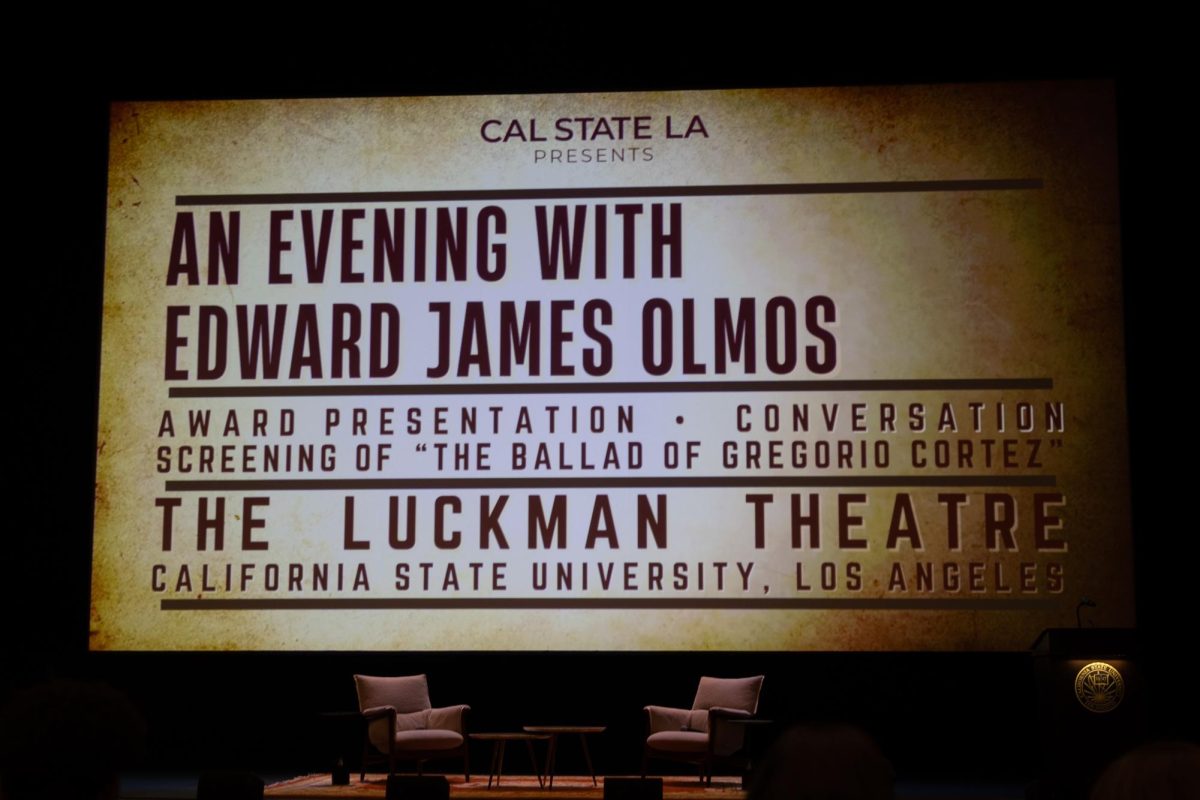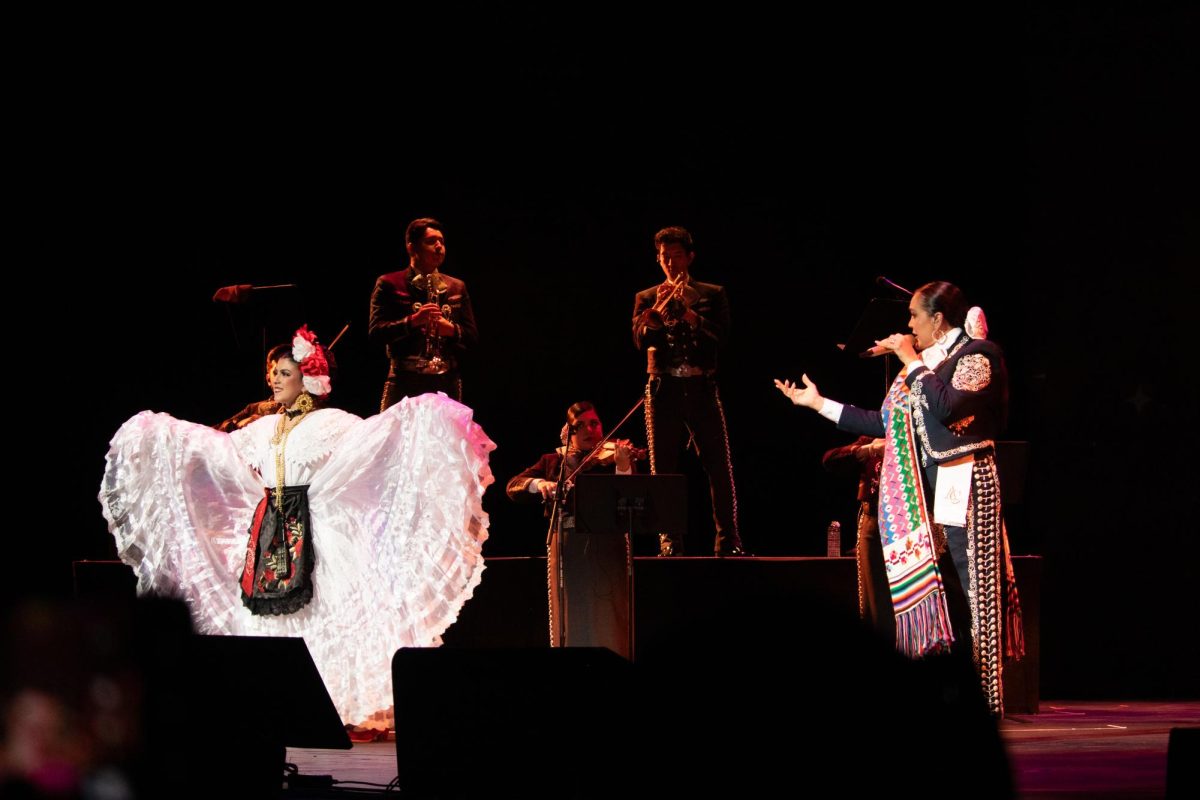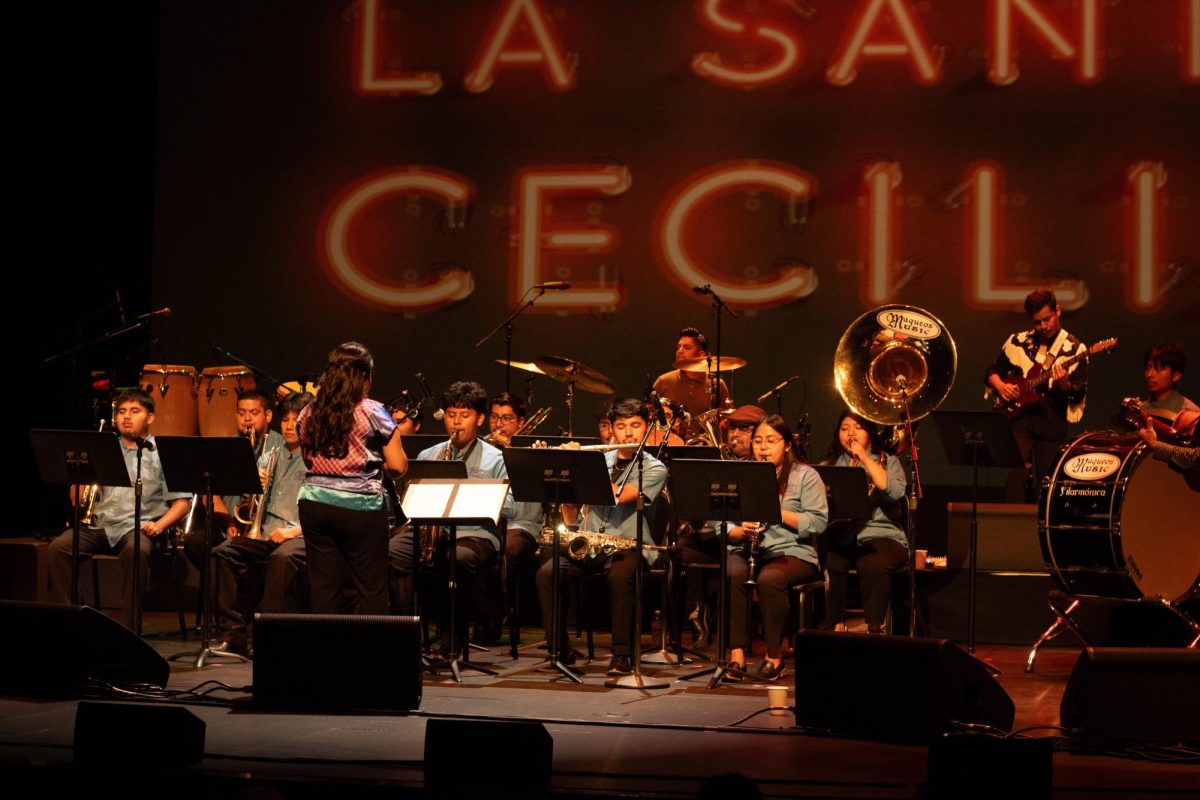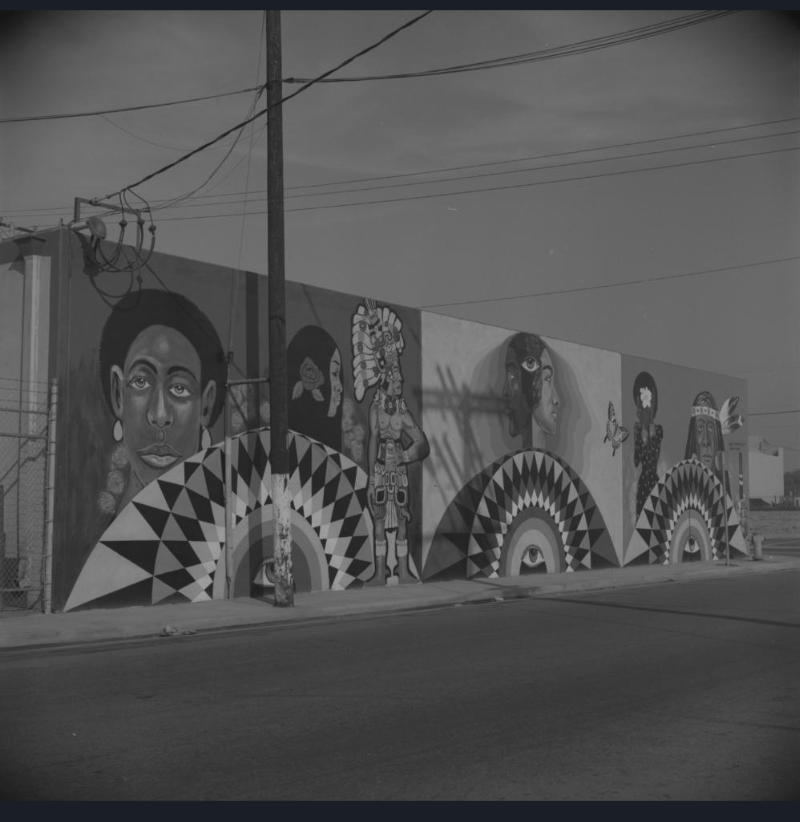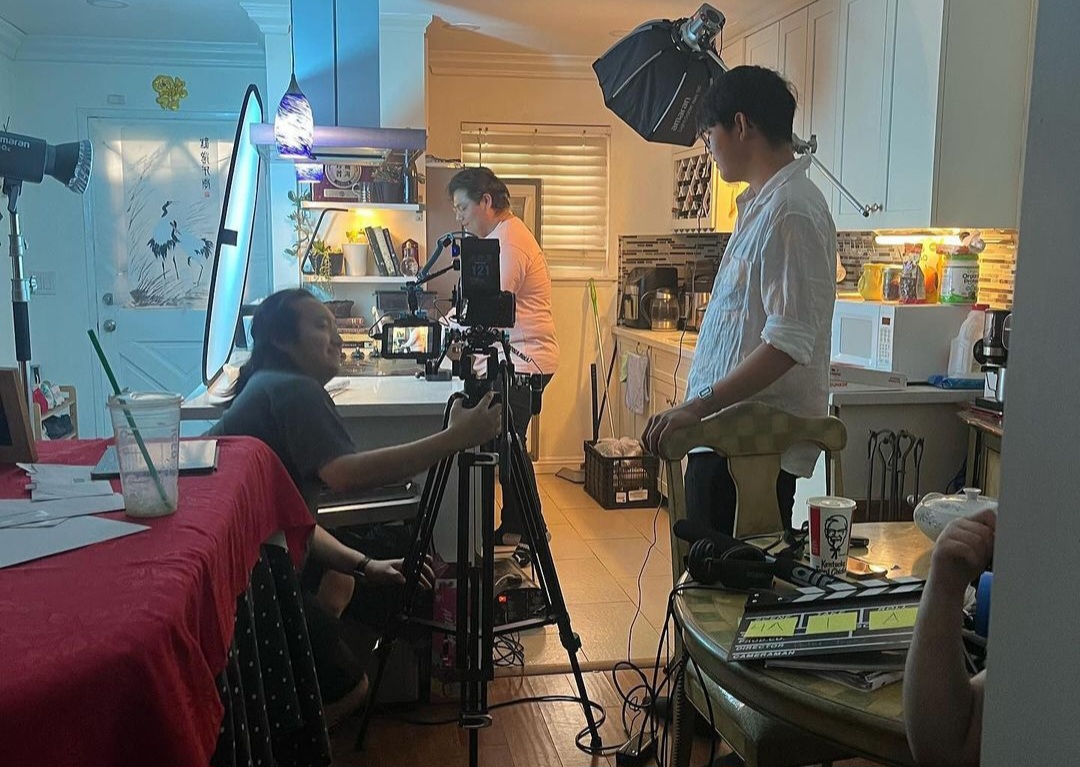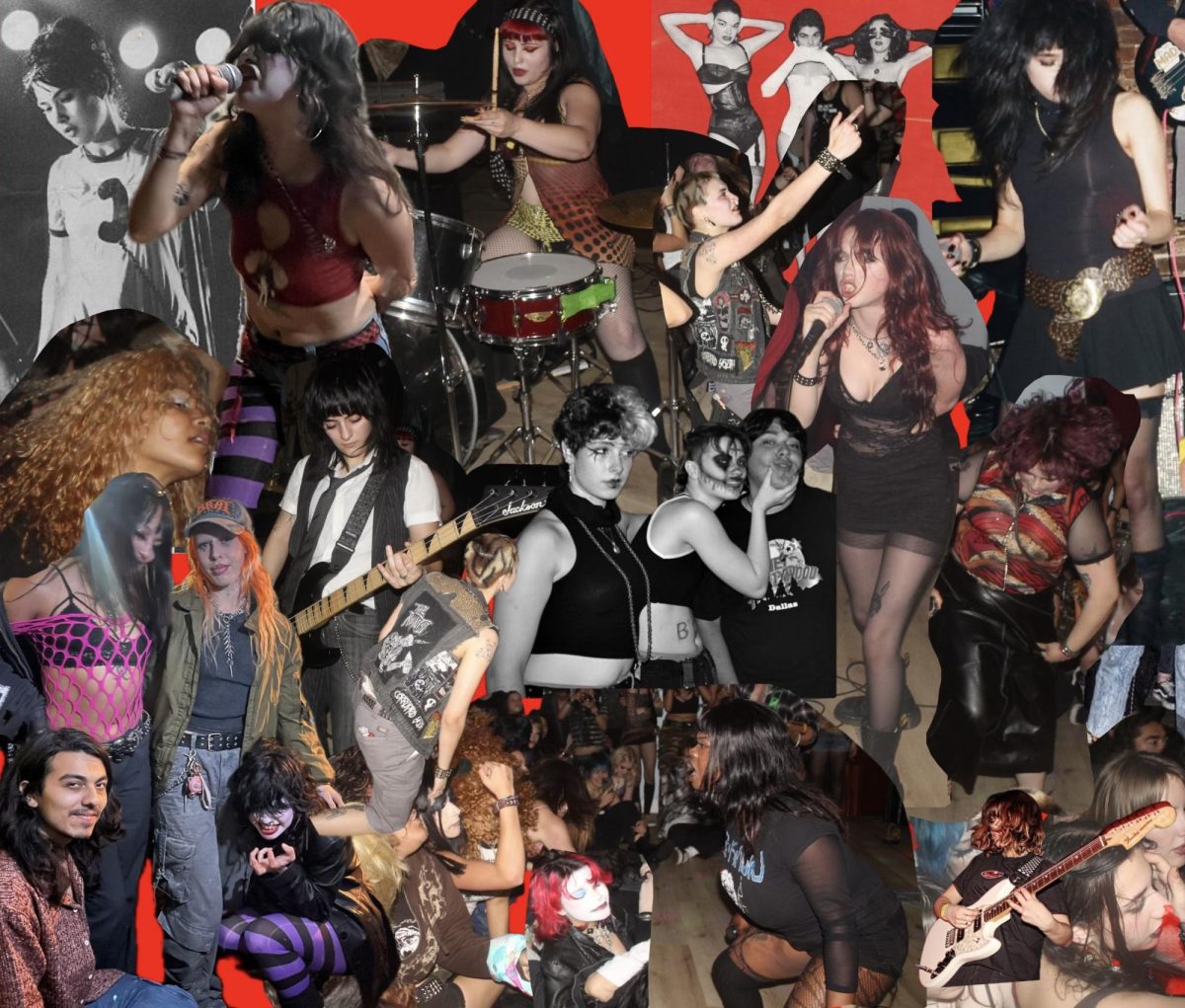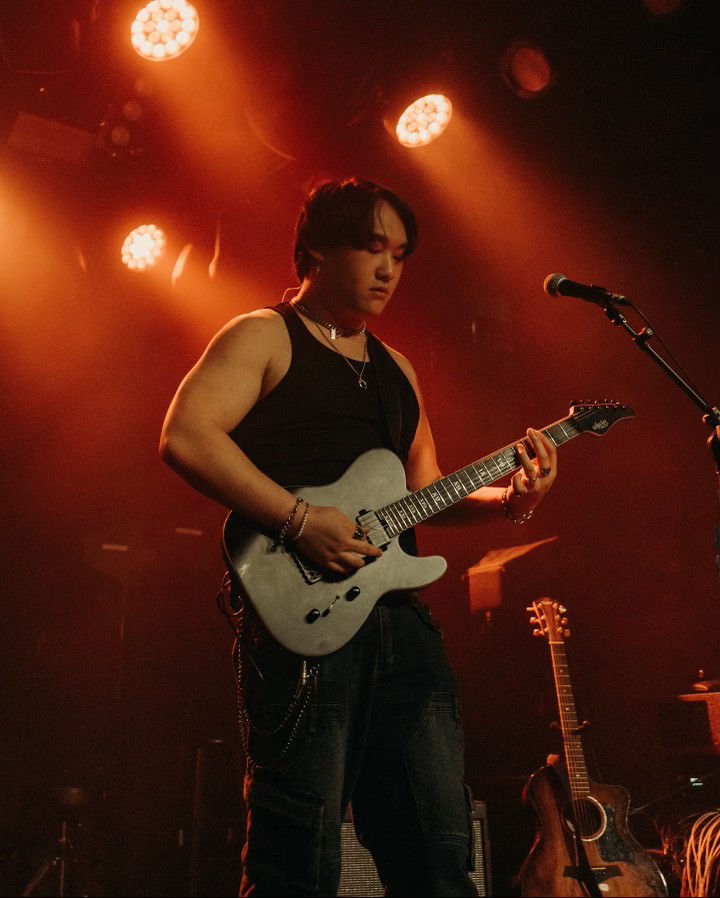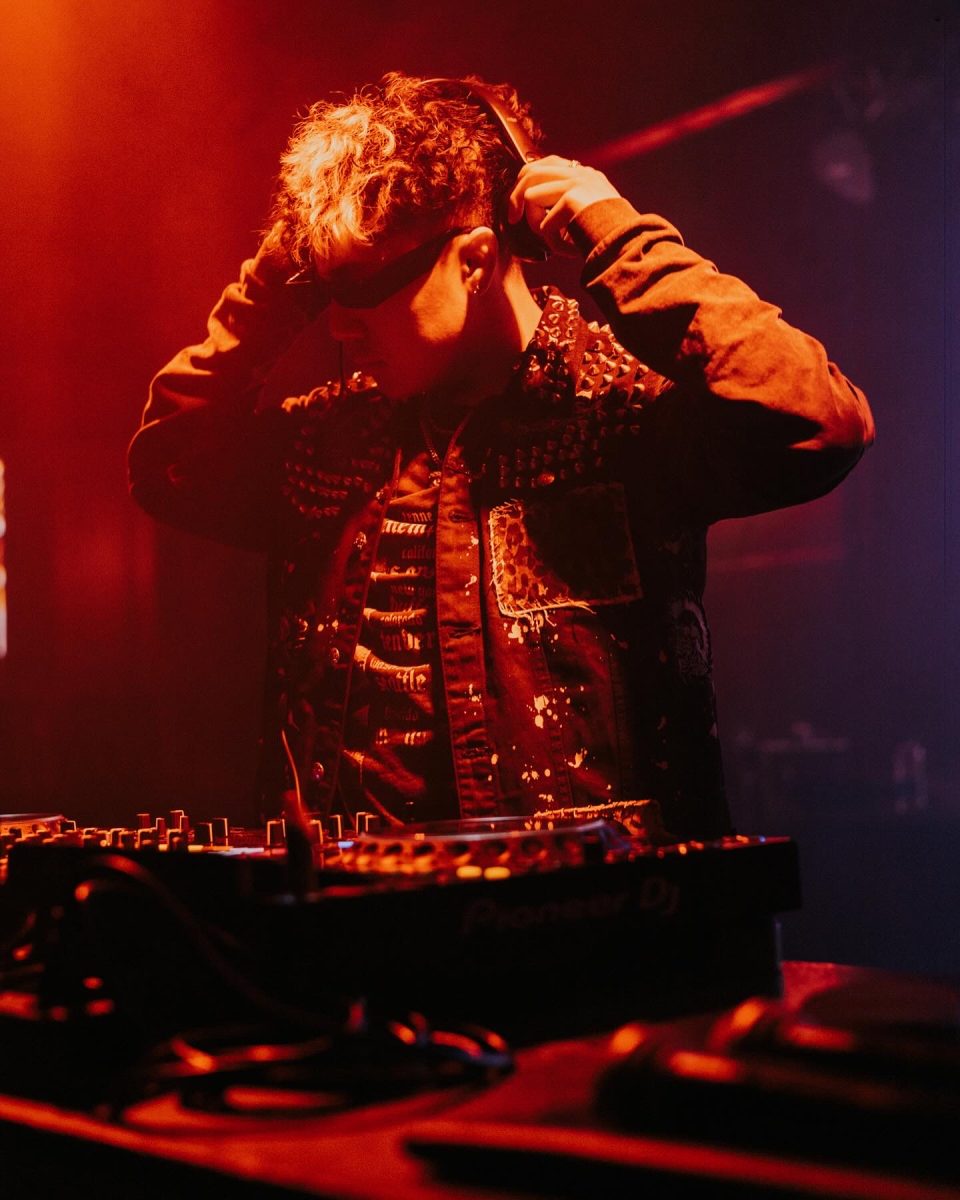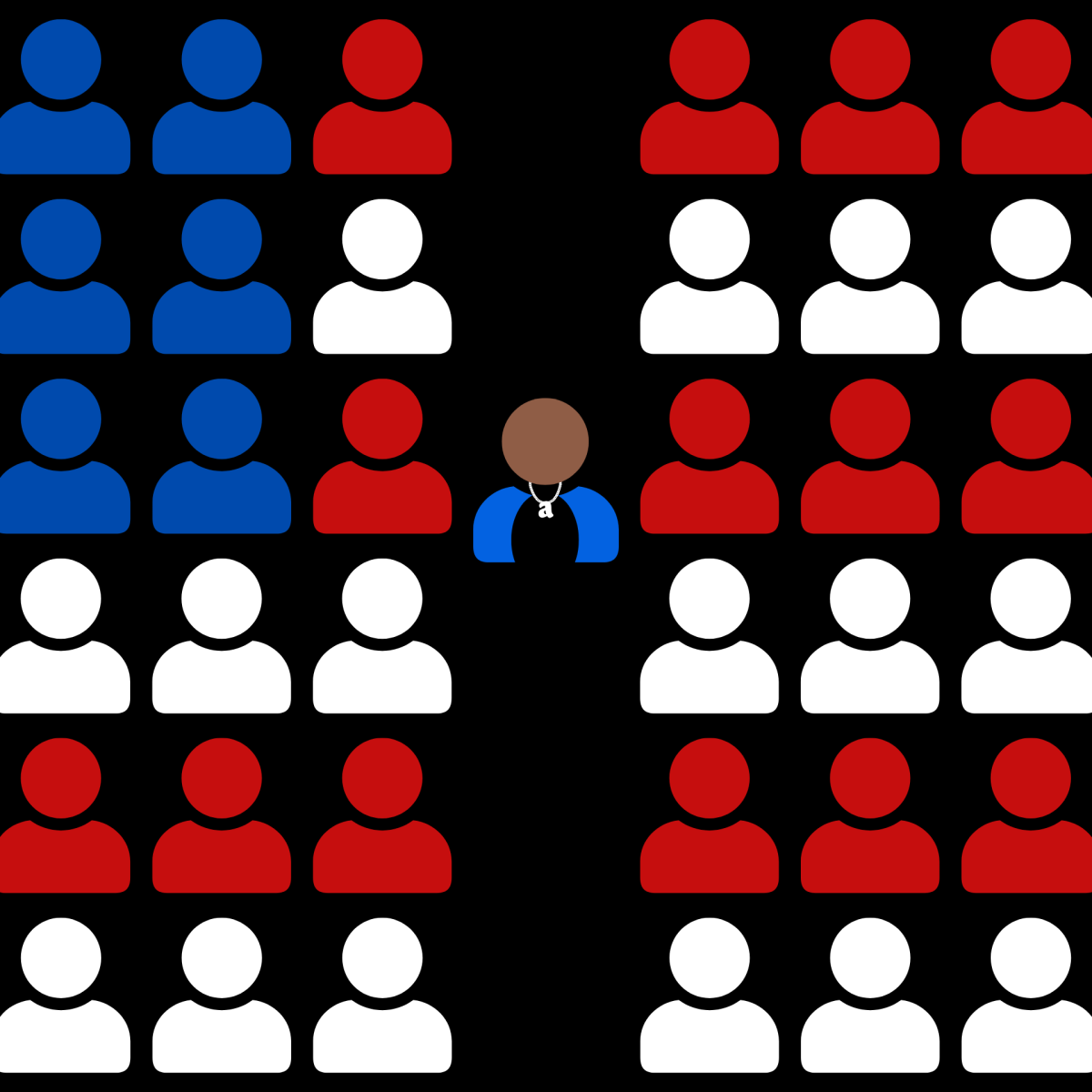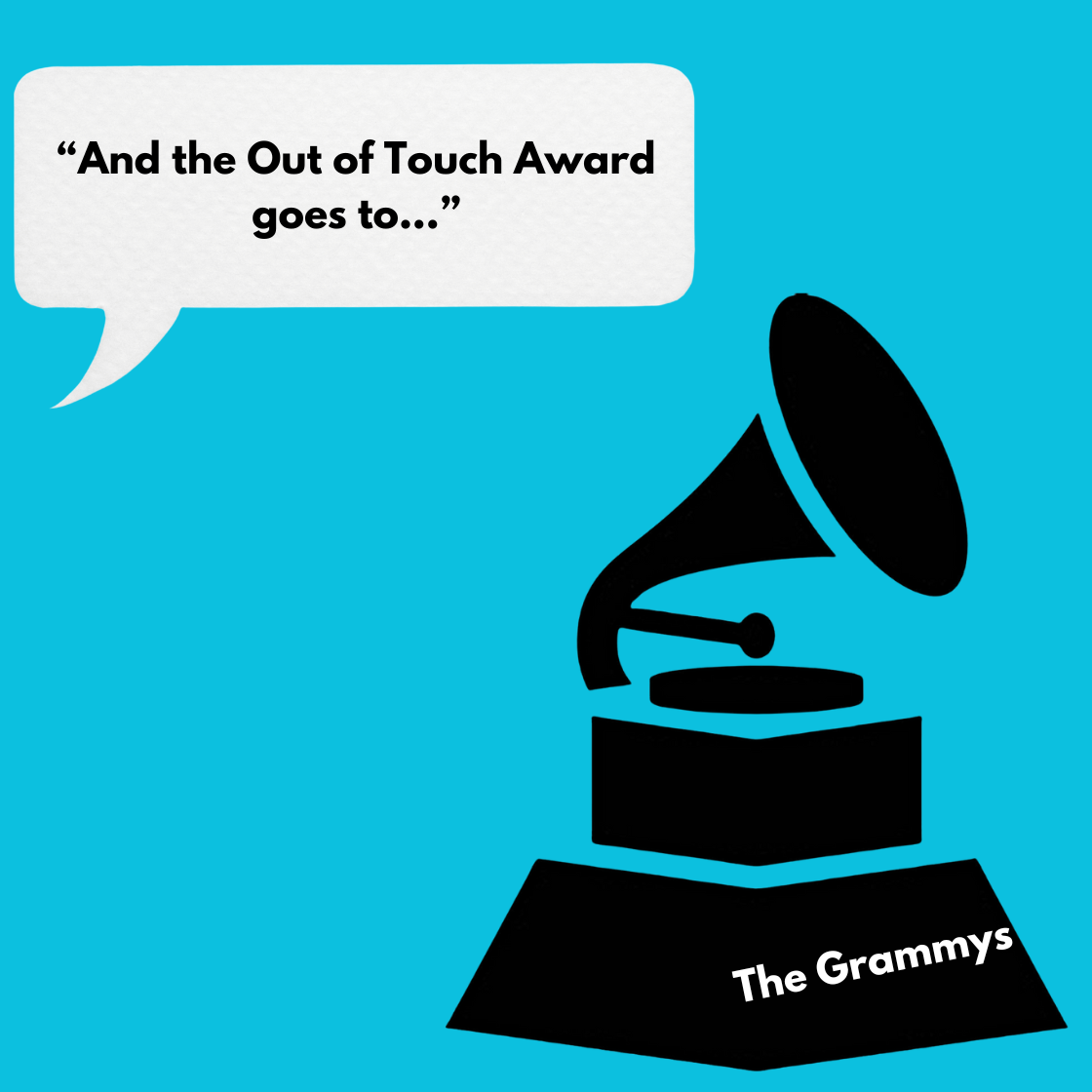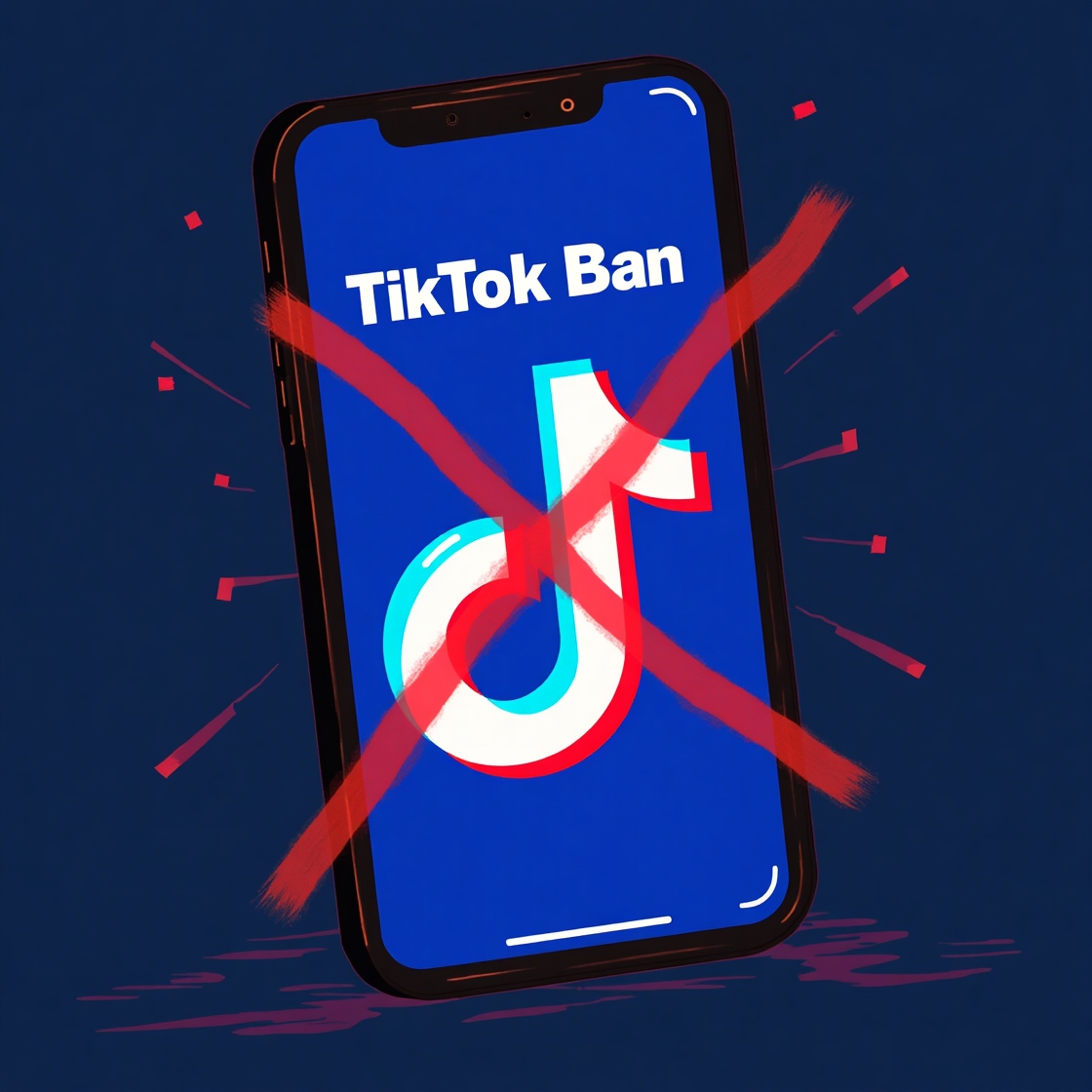As a generation of urban Latinx youth grow up and aspire to achieve the American Dream, does their success contribute to problems in their communities?
That question is part of what the Netflix series, “Gentefied,” explores, according to a recent interview with the show’s co-creators, Marvin Lemus and Linda Yvette Chávez, who were on campus for a screening and talk for Television, Film & Media Studies students.
Lemus described how he felt when he moved to Boyle Heights as a young adult after growing up in Bakersfield.
“I had never felt or been somewhere that encompassed my whole identity. That’s why I was so inspired by it,” said Marvin Lemus. But he saw changes in the neighborhood and realized, “Oh, I’m a part of the change. I’m a gentrifier. Even though this is how I grew up and this is where I come from.”
The show’s name is based on the concept of “gentefication,” which is the phenomenon of “young, upwardly mobile Latinos move back to their old neighborhoods,” according to a 2016 CityLab article.
The local activist group, Defend Boyle Heights, has criticized the show for allegedly trying to profit off of working class struggles.
The show’s creators, aware of the tension and reality of the impact of their show, told the LA Times they tried to minimize the impact on the neighborhood and even meet with community groups as they worked on the show.
A review of recent Twitter posts about the show appear to be largely positive, with many fans saying they’re grateful to see more Latinx stories highlighted at a time when representation is a problem.
When you see yourself in a show Me growing up as a Mexican-American#Gentefied pic.twitter.com/ssUWvJI8Ea
— Petunias & donuts❤ (@GneissPetunia) February 21, 2020
A USC Annenberg report last year found, among other things, “the prevalence of Latino leading actors is vastly out of step” with the Latino population in the United States.
LA Collab — a non-profit group of entertainment industry leaders and influencers, supported by Los Angeles Mayor Eric Garcetti’s office — was launched in January to tackle that problem with a goal of doubling Latino representation in Hollywood by 2030.
Denae Ayala contributed to this report as the videographer. Community News reporters are enrolled in JOUR 3910 – University Times. They produce stories about under-covered neighborhoods and small cities on the Eastside and South Los Angeles. Please email feedback, corrections and story tips to UTCommunityNews@gmail.com.

